Words of wisdom and miscellaneous facts by Dr. Wysong and others.
This is an accumulation over several decades and the accuracy cannot be attested to.
Wysong vs Nemos Bible Debate
COSMOLOGY LIES AS BIG AS THE UNIVERSE
⬇️ Click to scroll down to article
"We'll know our disinformation program is complete when everything the American public believes is false."
—William Casey CIA director 1981
The bigger the lie the greater its acceptance because people cannot believe authority figures would ignore reality.
To find truth we must hate the lie more than love accepted beliefs.
Fraud vitiates everything it touches. (common law maxim) Nudd v. Burrows (1875) 91 U.S. 416.
Fraud destroys the validity of everything into which it enters. Boyce's Executors v. Grundy (1830) 28 U.S. 210.
Fraud vitiates the most solemn contracts, documents and even judgments. United States v. Throckmorton (1878) 98 JU.S. 61.70.
FORWARD
The accepted cosmogony/cosmology (origin and nature of the universe) belief is:
—William Casey CIA director 1981
The bigger the lie the greater its acceptance because people cannot believe authority figures would ignore reality.
To find truth we must hate the lie more than love accepted beliefs.
Fraud vitiates everything it touches. (common law maxim) Nudd v. Burrows (1875) 91 U.S. 416.
Fraud destroys the validity of everything into which it enters. Boyce's Executors v. Grundy (1830) 28 U.S. 210.
Fraud vitiates the most solemn contracts, documents and even judgments. United States v. Throckmorton (1878) 98 JU.S. 61.70.
FORWARD
The accepted cosmogony/cosmology (origin and nature of the universe) belief is:
A Big Bang of nothing created an infinite meaningless universe containing atomic dust that gravitationally accreted into heavenly bodies including our Earthball moving in several different directions at 2.8 million mph and holding an atmosphere next to the vacuum of space while spontaneously forming life from primeval sludge that then evolved into complicated rocks called humans with no free will.
Long ago it became clear to me that the materialistic evolutionary part of that credo was false.
But I was on board with the cosmology part. After all, we see rocket ships going to and fro, there is a "Space Force," pictures of Earth and planets abound, astronauts float around and in the International Space Station, thousands of people and billions of dollars support it, and, of course, "all" the experts believe.
To question this is to be a conspiracy theorist, misinformationist, or even a lunatic. Oh my, we must, after all, follow the crowd.
The idea that we are being lied to about space didn't even enter my mind until a few months ago when what was left of my naive and trusting innocence had been totally demolished with the COVID-19 fraud.
We, the crowd, extend our trust to institutions charged with looking after our interests. But government, Big Medicine, education, media, industry, Big Tech, science, and NASA chase money, their own security, and even power over us.
That should not inspire confidence in beliefs they create, promote, protect with censorship, and even demand acceptance of.
If we want truth, we have to find it ourselves. To do that requires the opposite of trusting in others. It means sleuthing what the powers that be try to hide from us in internet archives, banned videos, censored "disinformation," and what "fact checkers" say isn't so.
Probing into the subject I was stunned to learn that:
That means unproven beliefs, stories, and even fakery are being passed off as science and truth.
This subject may seem inconsequential to everyday life. But that's only true if we aren't being lied to about it. If the truth is being hidden from us, we can be sure of one thing, it's not being done for our benefit.
Truth seekers learn that the scale and ostentatiousness of lies being fed to us means nothing can be tacitly trusted.
Everything of importance from government, media, industry, medicine, education, economics, science, history, religion, and popular society must be assumed to be false unless we prove otherwise by doing our homework and thinking critically.
This series will provide wake-up information to help you discover lies as big as the universe.
But I was on board with the cosmology part. After all, we see rocket ships going to and fro, there is a "Space Force," pictures of Earth and planets abound, astronauts float around and in the International Space Station, thousands of people and billions of dollars support it, and, of course, "all" the experts believe.
To question this is to be a conspiracy theorist, misinformationist, or even a lunatic. Oh my, we must, after all, follow the crowd.
The idea that we are being lied to about space didn't even enter my mind until a few months ago when what was left of my naive and trusting innocence had been totally demolished with the COVID-19 fraud.
We, the crowd, extend our trust to institutions charged with looking after our interests. But government, Big Medicine, education, media, industry, Big Tech, science, and NASA chase money, their own security, and even power over us.
That should not inspire confidence in beliefs they create, promote, protect with censorship, and even demand acceptance of.
If we want truth, we have to find it ourselves. To do that requires the opposite of trusting in others. It means sleuthing what the powers that be try to hide from us in internet archives, banned videos, censored "disinformation," and what "fact checkers" say isn't so.
Probing into the subject I was stunned to learn that:
| Nobody, including any scientist, can prove any aspect of the approved cosmogony/cosmology belief using experimentation and the scientific method. |
That means unproven beliefs, stories, and even fakery are being passed off as science and truth.
This subject may seem inconsequential to everyday life. But that's only true if we aren't being lied to about it. If the truth is being hidden from us, we can be sure of one thing, it's not being done for our benefit.
Truth seekers learn that the scale and ostentatiousness of lies being fed to us means nothing can be tacitly trusted.
Everything of importance from government, media, industry, medicine, education, economics, science, history, religion, and popular society must be assumed to be false unless we prove otherwise by doing our homework and thinking critically.
This series will provide wake-up information to help you discover lies as big as the universe.
"We'll know our disinformation program is complete when everything the American public believes is false."—William Casey CIA director 1981
"We know they are lying, they know they are lying, they know we know they are lying, we know they know we know they are lying, but they are still lying."—Aleksandr Solzhenitsyn
"We know they are lying, they know they are lying, they know we know they are lying, we know they know we know they are lying, but they are still lying."—Aleksandr Solzhenitsyn
|
11/22/2019
Click to enlarge, Ctrl + to enlarge further; Ctrl 0 to return to 100%
We live on one finite world with finite resources. Population growth, potentially, is infinite. Is that not a problem? This Malthusian dilemma has been debated in the closets for over a century, but almost nobody seems to want to talk about it openly other than to insist everyone has the right to reproduce endlessly. Imagine the fate of a politician who told us we needed to curtail reproduction, even if it might be the bold-faced truth?
Aside from the ability of humans to accelerate technological development and the exploitation of Earth's resources, consider the sheer magnitude of the human population explosion. It supposedly took 2 million years for the Earth to reach its first billion in population. It will now take only about 11 years to add another billion.1-2 This, too, is made possible by technology. But technology can only squeeze so much out of a finite Earth. Reproduction, on the other hand, seems to know no limits and is the engine that ultimately drives environmental destruction. We talk about conserving, recycling, reusing, and curbing pollution. But mum seems to be the word about population growth because the issue is intertwined with religious beliefs (God says to "fill the earth"), evolutionary philosophy (each of us should breed as much as possible to give our individual genetics the most chance to be "selected"), and fear of Orwellian governmental controls (we have our "right" to breed as much as we like). Food resources and predators tightly control animals in the wild. But humans have controlled their predators and, through agricultural technology, expanded food resources to enable population growth where resources do not even exist. Consider the desert communities of Las Vegas and Phoenix, or any modern urban area for that matter. Creatures in the wild multiply until resources are ruined or exhausted. Then they die back. Some therefore argue that there is no real population problem since we will die back too, if not by starvation, then by disease and war. How is that more humanistic than to encourage decreased procreation? It's also doubtful that those who argue that disasters will take care of our population problems would be quite so flip if the die back included them or their loved ones.
The dilemma is that any solution sounds awful. But, for starters, at least all parents should have to shoulder the full burden of responsibility for the children they bear. That, rather than ever-expanding social aid to relieve parents of their duty, would be a real deterrent. If parents prove unfit, then the state must take over but the parents must foot the bill.
If the citizenry does not solve the problem on their own—which they never do—Big Brother will when the situation reaches crisis proportions. Government will either force us to stop having children, mandate abortions and infanticide, or society will face the death of vast segments of population as it collapses on itself. China (about 34 births per minute) has made a rational effort to intercede and control its population in spite of vigorous international protest. Chinese citizens are told how many children they can have and this is determined on the basis of the resources available within the particular community. Individual human rights are secondary to the good of the whole. One-child families receive subsidy and priority housing incentives, while two-child families lose these. In some Chinese communities, parents who have more than two children are fined 10% of their income. Yes, that sounds draconian, but is the Western world more moral by permitting unbridled reproduction, giving financial incentives and tax benefits for larger families through social programs, and not holding parents responsible? Admittedly, there is enough room on Earth to comfortably fit far more people. In fact, the entire world's population could live in the state of Texas with each family having a 2000 square foot home on a good-sized city lot. Japan has 125 million people crammed on a landmass the size of California. But the problem is not one of square feet (yet). People need resources and their waste must be carried away. Japan does not prove that the world is under populated. It must import almost everything and export its garbage. Left to support themselves with their own resources, tens of millions of Japanese would have to die. If the whole world were to populate like Japan, where would the resources come from and where would the garbage go?
A nation should, it can be argued, be left to solve its own problems. If it has created population beyond the capability of its resources, then it must solve the problem or take responsibility for the consequences. Look at it this way. Let's say a people choose to live in an oasis in the desert. There are enough coconuts, bananas, and water to sustain 25 people. They insist on their right to procreate without limit. Now there are 50 people and 25 are starving and diseased. Being kind people, we send food to save the extra 25. They get full and healthy and begin rolling in the hay again. Now there are 100 people with 75 starving. We send more food, and on and on until there are a 1000 people on the tiny oasis. We continually send them aid and they are all happy and fat. We feel wonderful that we have done so much good. Meanwhile, our own population has increased and there is a drought. We now have high unemployment and are hungry and impoverished. When the 1000 from the oasis need another shipment we can do nothing. Now, instead of 25 starving and dying, 975 do. All because they did not take responsibility for themselves, and we let emotion and stopgap solutions get in front of thinking.
It should be noted that the United States is experiencing the largest population growth (never mind unbridled immigration) of any industrial nation in the world. We will not escape the consequences of our 'right' to indefinitely procreate. Yes, the U.S. is the breadbasket of the world, but that is only a climatic shift or environmental disaster away from drying up.
It is easy to slay messengers of the stark reality that people must match reproduction to resources. Proposals that don't work are acceptable because they sound warm and cuddly—such as sending food where countries have out-swelled their resources, and not interfering with anyone's right to have as many children as they wish. Solutions that will work—such as teaching societies to be self-sufficient and to control their numbers, or leaving them to starve so that their numbers retract to match their resources—are considered inhumane and unacceptable.
Watching starvation as populations retract to meet existing food resources seems incredibly cruel, even unthinkable. On the other hand, feeding such populations so that they grow further and then perhaps face even greater catastrophe in the future is even crueler. Such terrible dilemmas are the price to be paid when foresight is not used. Of course we must do all we can to feed starving people and address crises. Extending a hand to our neighbor is part of what being human is about. But such aid must be obligatorily linked with long-term solutions: "Here is food to feed your children, and here is the know-how to irrigate your fields, rotate crops, and do some planned parenting." Unfortunately, any approach to overpopulation is a search for the lesser of evils. Nobody wants to be told what to do, much less have their 'right' to have children curtailed. At the same time, everyone wants peace, security, space, nature, food, and health. The reality is that the two desires are not endlessly compatible. The Earth is finite.
Human intelligence has given us the capability to create societies separate and apart from nature, permitting population growth that would have never been possible in the wild. That same intelligence must be used on a local, national, and international scale to create humane solutions, not apply
Band-Aids that only deepen the problem and ultimately put more at risk. If you agree, disagree, have questions, or have a correction please let me know. Comment below or email me at [email protected]
Leave a Reply. Choose Any Name
Comments
|
Introduction
1. We Can Agree 2. Possibility Thinking 3. The Solver Principles 4. Our Owner's Manual 5. We Live in A Unique Time 6. Being Health Smart 7. The Illusion of Youth Health 8. The Good Old Days 9. Timing Life 10. Exercise 11. Hormones and Steroids - A Two-Edged Sword 12. The Female Hormone Problem 13. Growing Older 14. Squaring the Curve 15. Healthy Dos and Don'ts 16. The Medical Profession 17. The Greatest Threat to Health 18. Don't Surrender to Medical Care 19. But We Live Longer Today 20. Dollars Don't Make Health 21. Disease Does Not Strike Us 22. Germs Don't Cause Disease We Do 23. From Where Does Healing Come 24. The Best Food 25. Food Ethics 26. Healthy Weight 27. Healthy Eating Ideas 28. First Things First 29. Hopelessness 30. Depression 31. Memories 32. Addiction 33. Blaming the Parents 34. Surviving Tragedy 35. Touch 36. Music as Healer 37. Humor 38. Pets as Life Savers 39. Pet Keeping - A Serious Responsibility 40. The Myth of 100 Complete Pet Foods 41. Feeding Pets as Nature Intended 42. Industry vs. Earth 43. Population 44. Modernity's Deception 45. Animal Rights 46. Biophilia 47. Respect for All Life 48. Doing Good With Business 49. The Global Economy 50. The Power of Money 51. Financial Affairs 52. Work as Friend 53. Government 54. The End of Civilization 55. Freedom Is Not Equality 56. Sex 57. Being in Love 58. Marriage - The Union of Opposites 59. Divorce 60. The Family Nest 61. Having Babies 62. Children 63. The Empty Nest 64. Experience 65. Education 66. Life Is Uncertain 67. Things Mound Up 68. Murphy's Law 69. Life's Predictability 70. Finding Home 71. Learn From History 72. Shaping the Future 73. The Other Line Always Moves Faster 74. Little Things Add Up 75. Growing Up 76. Alone 77. Hope 78. Paying the Success Price 79. Change A Wonderful Thing 80. Being the Best You Can Be 81. Do Something, Something Happens 82. Change the World 83. Growing Good People 84. Words 85. Genius 86. Listen and Learn 87. Mind Over Matter 88. Looking Good 89. Protecting Yourself 90. Self Sufficiency 91. Life Is Math 92. Ethics 93. Conscience 94. The Long View 95. Being Real 96. Change 97. End and Beginning Figures |


 YouTube
YouTube Podcast
Podcast
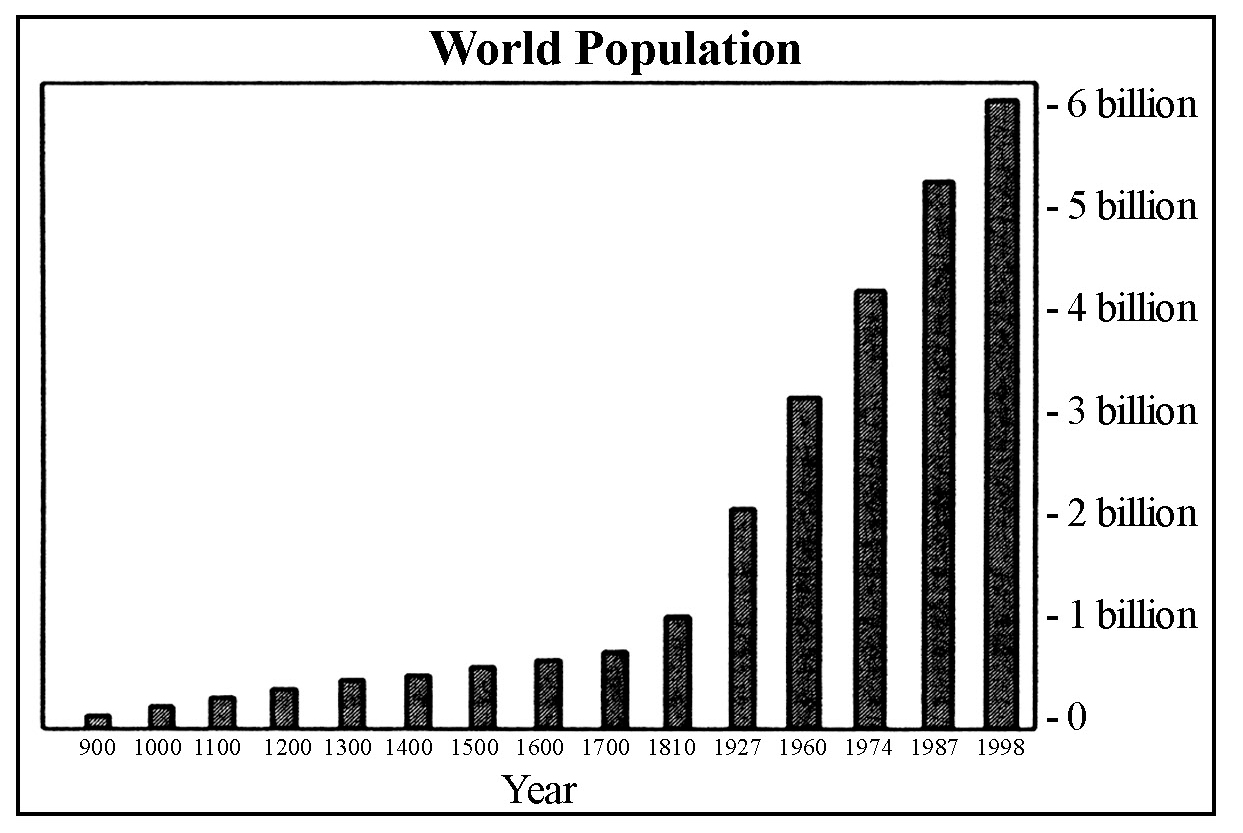
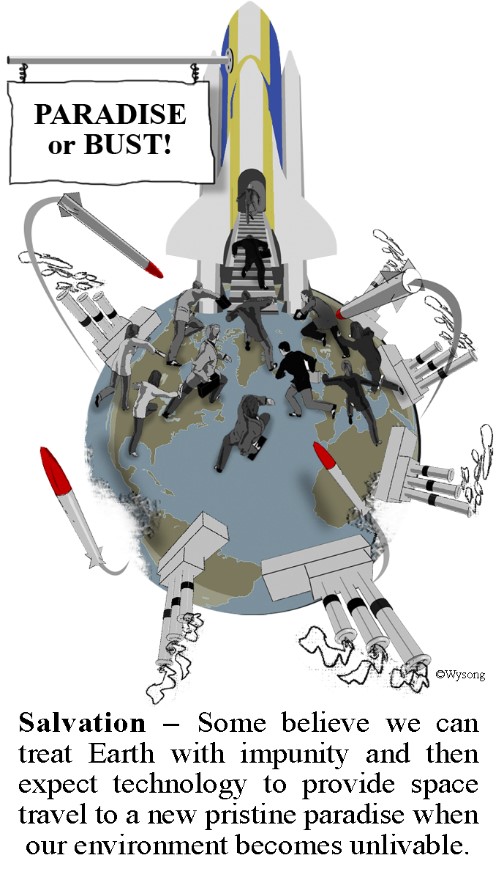
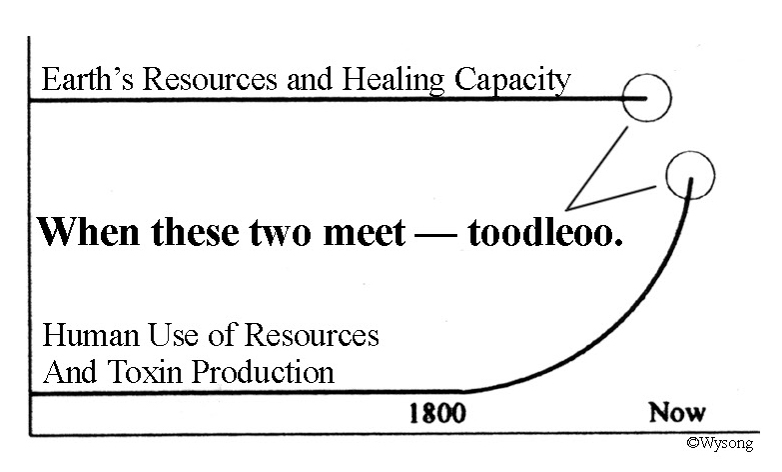
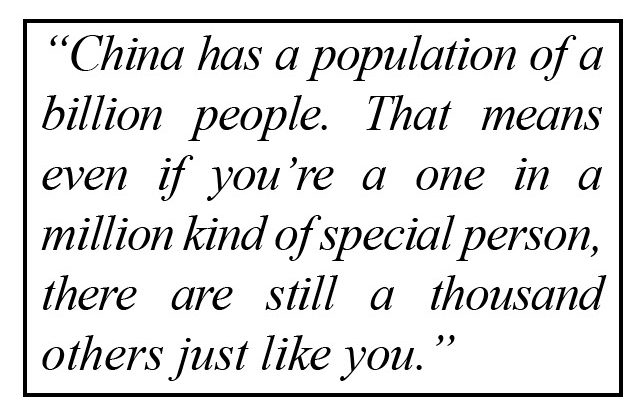
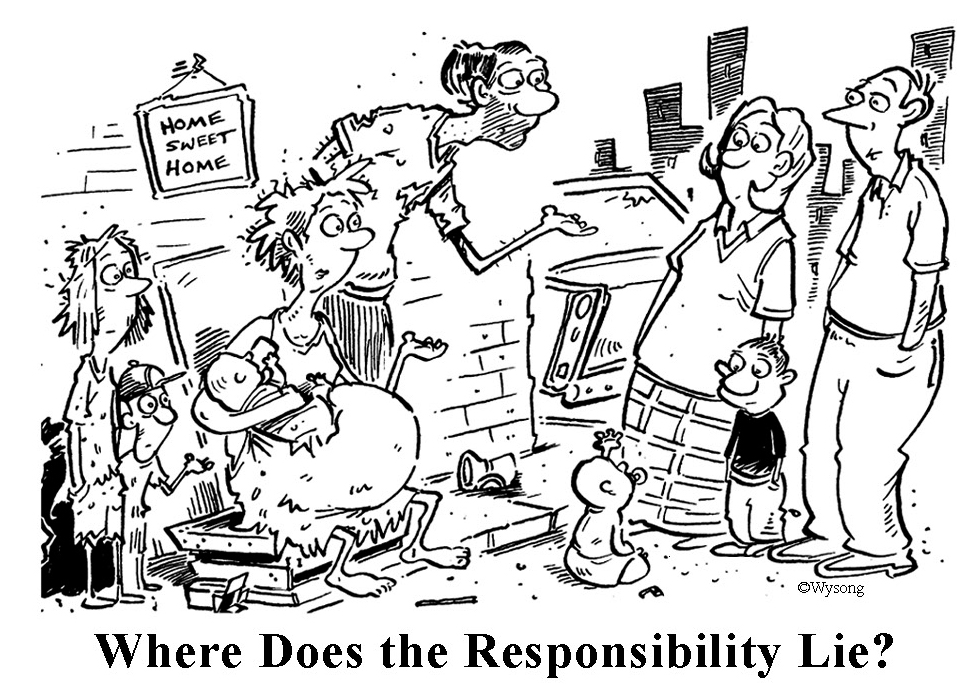
 RSS Feed
RSS Feed
 Twitter
Twitter
0 Comments